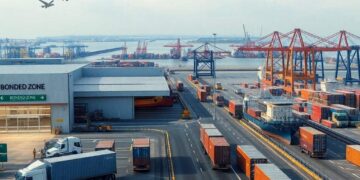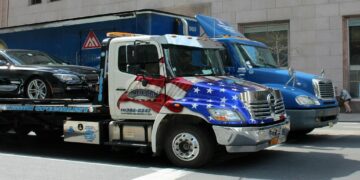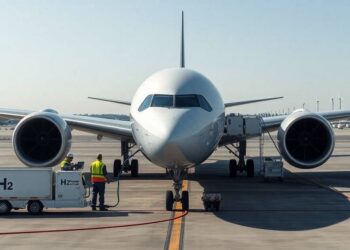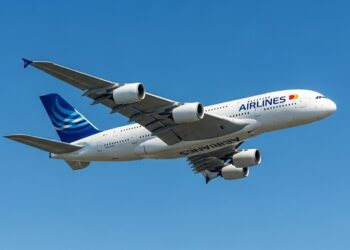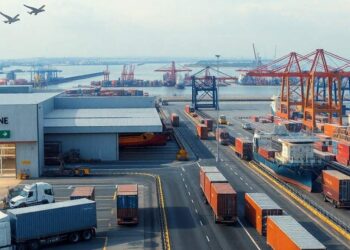A new analysis published by the Trades Union Congress (TUC) and the rail unions’ Action for Rail campaign has revealed that rail fares for season tickets and other regulated fares in the UK increased by 25% over the last five years.
The increase is said to be nearly three times faster than average pay, which went up by 9% between 2010 and 2015.
While the government intends to cap annual increases in regulated rail fares at the retail price index (RPI) measure of inflation, TUC claims that public will however, have to finance the fare cap through tax payment.
According to the UK Department for Transport, the capping of rail fares will cost taxpayers approximately £700m over the next five years.
“Introducing an arbitrary cap on fares is simply passing the bill on to taxpayers.”
Carried out by Transport for Quality of Life, the research highlights that the country will save £1.5bn over the next five years if routes, including the Northern, Transpennine and West Coast Main Line, were returned to the public sector.
TUC general secretary Frances O’Grady said: “If ministers really want to help hard-pressed commuters, they need to return services to the public sector.
“This is a fair, more sustainable option and it would allow much bigger savings to be passed on to passengers. Introducing an arbitrary cap on fares is simply passing the bill on to taxpayers.”
According to the research, the cost of season tickets could be reduced by 2017 if routes coming up for re-tender were run by the public sector.
Approximately £520m of the total £1.5bn saving would be realised by recouping the money private train companies pay in dividends to their shareholders.
Unite national officer for passenger transport Bobby Morton said: “The TUC’s analysis once again reinforces the case that rail privatisation has been an unmitigated disaster for the taxpayer and the put-upon commuter.
“The only people to have benefited from rail privatisation are the shareholders of the rail companies who are scooping up large dividends.”
TUC reveals UK rail fares increased by 25% since 2010
Note* - All images used are for editorial and illustrative purposes only and may not originate from the original news provider or associated company.











